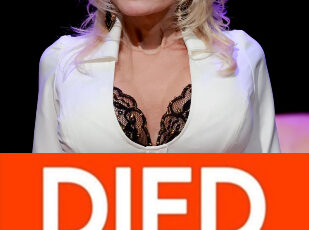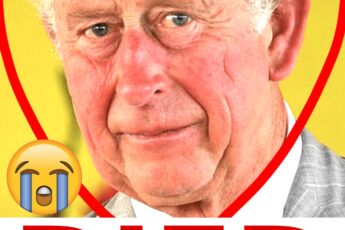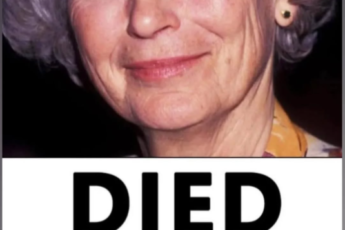In a revelation that has captivated the world, insiders within the British royal family have disclosed a poignant moment between King Charles III and his eldest son, Prince William. It was a moment of raw emotion, a deep and personal confession that has left many stunned and reignited narratives long thought dormant. It is reported that during an intimate exchange, Charles took William’s hand with a tenderness that belied their often-public personas. His voice, laden with regret and pain, conveyed a sentiment that resonated through the layers of their shared history: “I’m sorry, my son. I’m sorry for your mother.”
The gravity of Charles’s words cannot be overstated, reverberating through years of unspoken hurt and lingering questions that have swirled around the royal family since that fateful day in 1997. It was then that Diana, Princess of Wales, lost her life in a tragic car accident in Paris, an event that plunged the world into mourning and left a gaping void in the hearts of her sons and admirers. The circumstances surrounding the accident quickly became fertile ground for speculation, with theories ranging from paparazzi chases to more sinister suggestions of foul play, leaving a cloud of controversy lingering in its wake.
Diana’s life within the royal family was often tumultuous, characterized by intense scrutiny and a pervasive sense of isolation. Her candid interviews and public appearances painted a picture of a woman trying to navigate the weight of her title while longing for the simplicity of an authentic life. Her poignant words describing her reality as one of isolation and constant surveillance went beyond tabloid fodder. They highlighted the pressures and challenges within the royal institution, sparking discussions about its inner workings and the human costs of such relentless attention.
Now, with Charles’s heartfelt apology to William, the narrative has taken a new, deeply personal turn. His admission doesn’t just echo with a father’s sorrow; it challenges the royal family to revisit the chain of events and introspect upon its historical handling of Diana’s struggles. While specific details of what prompted Charles’s admission remain closely guarded, it suggests a gradual unwinding of long-suppressed emotions and unspoken truths within the family.
This revelation has undoubtedly reignited global conversations, encouraging both royal watchers and casual observers alike to delve deeper into the intricacies of Diana’s story. For many, Charles’s statement serves as a reminder of the vulnerable humanity beneath the royal facade—a reminder of the ties and emotions that persist beyond titles and public duty. It challenges us to empathetically engage with the narratives of public figures who are often mythologized and scrutinized, losing the nuance of their lived experiences.
As discussions continue, it is crucial to acknowledge the complexity of these familial relationships and the profound healing that can arise from honesty. Charles’s words to William represent more than just an expression of regret; they are a testament to the power of vulnerability, forgiveness, and reconciliation. They invite reflection on change and growth within the monarchy, and perhaps, symbolize the beginning of a new chapter in the royal family’s history marked by compassionate transparency.
For William, this moment signifies an offering of understanding from a father to a son—a shared acknowledgement of the pain Diana’s loss inflicted and a bridging of gaps once widened by silence. As the world digests this deeply intimate disclosure, we are all reminded that at the heart of even the most public of roles lies a human story of love, loss, and the enduring journey towards peace.






